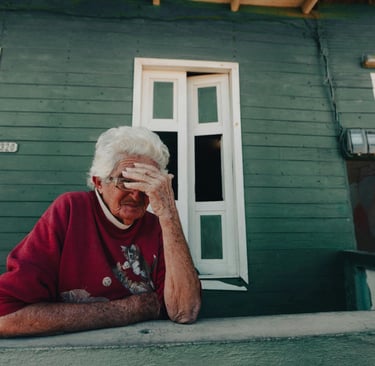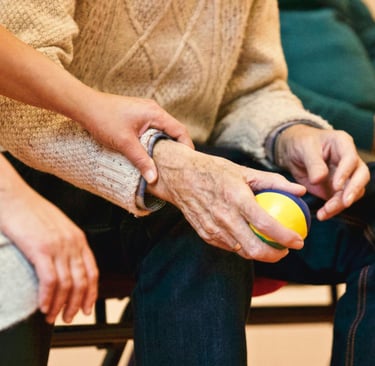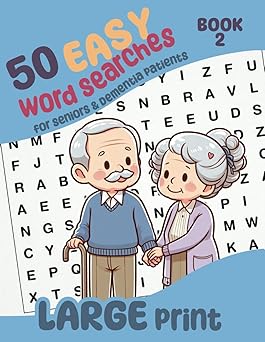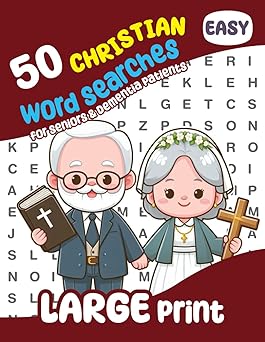Early Signs of Lewy Body Dementia: Recognizing Symptoms and Seeking Medical Attention
Early signs of Lewy body dementia can creep up on you. The initial symptoms can be put down to old age and forgetfulness. Here are some signs that it may be time to seek medical attention.


Lewy body dementia (LBD) is a progressive neurodegenerative condition that affects thinking, behavior, and movement, often presenting unique early signs that differ from other dementias like Alzheimer’s. Recognizing these early signs of Lewy body dementia can lead to timely diagnosis and better management, improving quality of life for those affected and their caregivers. Here’s a guide to the early signs of LBD, when to seek medical attention, and steps to take for support.
What is Lewy Body Dementia?
LBD is caused by abnormal protein deposits (Lewy bodies) in the brain, impacting memory, movement, and behavior. It’s the second most common form of dementia after Alzheimer’s, affecting about 1 in 10 dementia patients. Early detection is crucial, as symptoms can be mistaken for other conditions like Parkinson’s or psychiatric disorders, and proper diagnosis ensures appropriate care.
Early Signs to Watch For
Cognitive Fluctuations: One hallmark of LBD is fluctuating alertness or attention. A person might seem sharp one moment and confused or drowsy the next, often within hours or days. For example, they may struggle to follow a conversation one afternoon but be clear the next morning.
Visual Hallucinations: Recurring, vivid hallucinations, often seeing people or animals that aren’t there, are common early in LBD. These may be detailed, like seeing a child in the room, and the person may not be distressed by them.
Movement Issues: Parkinson-like symptoms, such as slow movements, stiffness, or tremors, often appear early. For instance, a person might shuffle when walking or have difficulty with fine motor tasks like buttoning a shirt.
Sleep Disturbances: REM sleep behavior disorder, where individuals act out vivid dreams (e.g., kicking or talking in sleep), is a strong early indicator of LBD. These episodes may precede other symptoms by years.
Mood and Behavioral Changes: Early LBD may include apathy, depression, or anxiety, often fluctuating. A person might seem unusually withdrawn or irritable without a clear cause.
When to Seek Medical Attention
If you notice one or more of these signs persisting for weeks or worsening, seek medical advice promptly. Early consultation is critical if hallucinations, significant cognitive fluctuations, or movement issues interfere with daily life, as these could indicate LBD or another condition requiring attention. Contact a primary care doctor or neurologist, ideally one experienced in dementia. Keep a journal of symptoms, noting frequency and impact, to share with the doctor for accurate diagnosis.


Steps After Seeking Help
A doctor may use cognitive tests, brain imaging, or sleep studies to diagnose LBD, ruling out conditions like Parkinson’s or Alzheimer’s. Early diagnosis allows for tailored treatments, such as medications to manage symptoms (e.g., cholinesterase inhibitors for cognition or levodopa for movement). Be aware that some medications, like antipsychotics, can worsen LBD symptoms, so specialist input is vital. Connect with support groups through organizations like the Lewy Body Dementia Association for resources and community.
Tips for Caregivers
Observe and document symptoms calmly, avoiding arguments about hallucinations. Ensure safety if movement issues increase fall risk. Seek support for yourself to manage the emotional toll. Consult a doctor before starting any treatments, and ask about local dementia resources.
Recognizing the early signs of Lewy body dementia and seeking timely medical attention can lead to better management and support. By acting proactively, families can help their loved ones navigate this challenging condition with greater confidence and care.


Useful Resources
Easy Nature Wordsearch
An easy, large print wordsearch, suitable for elders with dementia or other forms of cognitive decline.
A dementia-friendly wordsearch book with a range of simple themes.
An easy word search book with Christian-themed puzzles. Large print and dementia-friendly.
Easy Wordsearch
Easy Christian Wordsearch
Connect
© 2025. All rights reserved.




